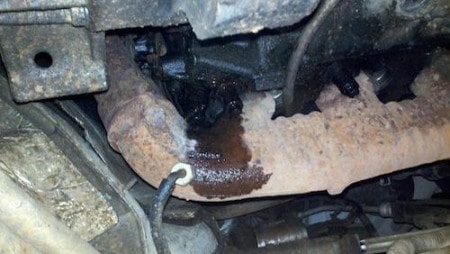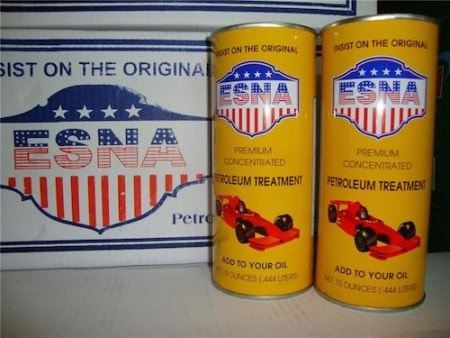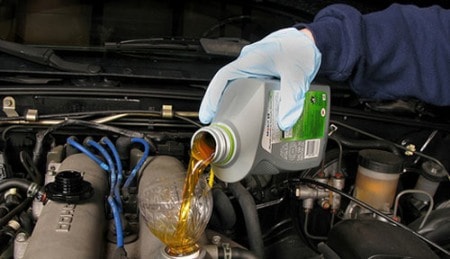4 misconceptions about engine oil
Many people still have misconceptions about how to use engine oil, leading to wasting money and damaging the vehicle.
1: Need to change when the oil turns black
 |
When checking their car, many people often check the oil themselves and when they see the oil turn black instead of the amber color it was when they first poured it in, they think that the oil is too dirty and needs to be replaced. This way of thinking is completely scientifically wrong. In fact, the oil turning black shows that it is working effectively, helping to lubricate and remove dirt or metal dust generated when the engine is running. After a period of driving, the oil will gradually lose its viscosity due to the presence of too many of these impurities in the oil, and this is when you need to change the oil.
In short, you should be concerned with the viscosity of the oil, not its color, and you should change the oil at the intervals recommended by the vehicle manufacturer in the owner's manual.
2: You need to change the oil every 5000 km
 |
Years ago, nearly every car manufacturer recommended that customers change their oil every 5,000 kilometers. If this number is exceeded, dirt can build up in the engine, reducing power and causing damage to internal components.
However, this is no longer true. Today's oils with improved viscosity, new formulas and increasingly modern car manufacturing techniques help cars travel about 12,000 kilometers after each oil change. Experts from the famous review magazine Consumer Reports have tested many times and concluded that most new oils can help cars operate well for up to 12,000 kilometers, unless the car operates in extremely harsh conditions.
3: Use additional engine additives to improve performance
 |
This is absolutely true – but only if the additives are already mixed into the oil before it is bottled. Most major brands of oil include additives that help increase viscosity, protect the metal parts inside the machine and even prevent rust.
Therefore, adding aftermarket additives may make the oil less effective or at least waste your money. To be sure, check your owner’s manual to see if the manufacturer requires any additives. However, in most cases, only the most advanced supercars require the use of special additives.
4: Synthetic oil can cause leaks
 |
Back in the 1970s, when synthetic oils (oils made from chemicals like polyalphaolefins, rather than petroleum) first appeared, they weren’t really compatible with the gaskets in engines. Synthetic oils could cause the gaskets to shrink and leak oil. Fear of this kept many people from using petroleum-based oil in their cars.
However, this is not entirely true today. Oil companies have long since changed their formulations to prevent gasket shrinkage. However, synthetic oil can still leak when used in older cars that have long used petroleum-based synthetic oil. Synthetic oil helps clean out engine sludge, and inadvertently cleans out the sludge that fills the microscopic cracks in the gaskets, causing oil to leak out. This is not a problem in new cars, but if you are driving a car that is 15 years old or older, it is best not to switch to synthetic oil right away.
According to VOV.online






